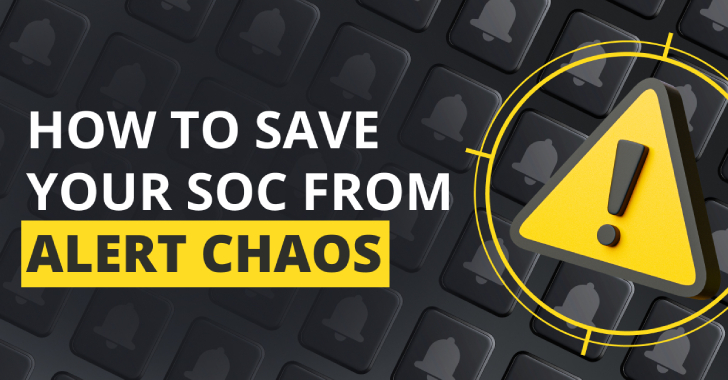
What is PCI DSS Compliance?
In an era where online transactions have become the norm, ensuring the security of payment card data is of paramount importance. The Payment Card Industry Data Security Standard (PCI DSS) is a set of requirements established by the major credit card brands (Visa, Mastercard, American Express, Discover, and JCB) to enhance the security of cardholder data and protect against fraud. PCI DSS Compliance refers to the adherence to these requirements by organizations that handle payment card data, aiming to maintain a secure environment for cardholder information.
PCI DSS sets out a comprehensive framework that outlines the technical and operational measures organizations must implement to protect payment card data. Its primary goal is to ensure that businesses employ best practices to prevent unauthorized access or exposure of cardholder information throughout the payment card transaction process.
It is important to note that PCI DSS Compliance requirements apply to all entities involved in the payment card handling process, including merchants, service providers, financial institutions, and any other organization that processes, stores, or transmits payment card data.
The PCI DSS framework consists of twelve requirements, which are divided into six main control objectives. Let’s delve into each of these objectives and their associated requirements:
- Build and Maintain a Secure Network:
This objective focuses on establishing a secure environment for payment card data by implementing appropriate network security measures. The requirements include installing and maintaining a firewall configuration to protect cardholder data, using unique system passwords and other access control mechanisms, and securing network devices against known vulnerabilities by regularly updating software.
- Protect Cardholder Data:
The second objective aims to ensure the protection of cardholder data from unauthorized access or transmission. Organizations are required to encrypt cardholder data when it is transmitted across public networks and maintain strong encryption for data storage and transmission. Additional measures include masking data whenever possible, minimizing the retention of cardholder data, and implementing access controls to restrict access to sensitive information.
- Maintain a Vulnerability Management Program:
This objective emphasizes the importance of continuously monitoring and addressing security vulnerabilities. Organizations must regularly update antivirus software, implement secure coding practices, and develop and maintain secure systems and applications. They must also conduct regular vulnerability scans and penetration tests to identify and remediate any potential weaknesses.
- Implement Strong Access Control Measures:
Protecting cardholder data requires implementing strong access controls to ensure that only authorized personnel have access to payment card information. Organizations need to restrict access to cardholder data on a need-to-know basis, assign unique user IDs to individuals with computer access, and regularly review and monitor access logs to detect and respond to any unauthorized activity.
- Regularly Monitor and Test Networks:
To maintain a secure environment, organizations must monitor their network for security events and regularly test security systems and processes. This includes implementing a centralized logging system to track access to cardholder data, conducting regular security awareness training for employees, and regularly testing security systems and processes, such as conducting penetration tests and vulnerability assessments.
- Maintain an Information Security Policy:
The final objective involves establishing and maintaining a comprehensive information security policy that addresses the above requirements and supports an organization-wide culture of security. This includes developing and documenting policies and procedures for protecting cardholder data, ensuring regular employee training on information security best practices, and maintaining an incident response plan to address any potential security breaches.
PCI DSS Compliance is not optional. Failure to comply with the requirements can result in severe consequences, including fines, restrictions on payment card processing, and reputational damage. It is important to note that compliance is an ongoing process that requires continuous efforts and regular assessments to ensure the continued security of cardholder data.
To achieve PCI DSS Compliance, organizations should consider implementing a range of security measures. These can include implementing strong network security controls, such as firewalls and secure access points, using encryption to protect data in transit and at rest, regularly updating and patching systems and applications, implementing multi-factor authentication for access to critical systems, conducting regular security testing and assessments, and implementing strong access controls and monitoring mechanisms.
Organizations processing payment card data should also consider engaging with Qualified Security Assessors (QSAs), who are certified professionals authorized to assess and validate PCI DSS Compliance. QSAs can help organizations identify compliance gaps, implement appropriate security controls, and perform audits to ensure ongoing compliance.
In conclusion, PCI DSS Compliance is essential for organizations handling payment card data. By adhering to the requirements of the PCI DSS framework, businesses can protect cardholder information, mitigate the risk of data breaches, and build trust with customers. Implementing robust security measures, regularly testing and monitoring systems, and maintaining an information security policy are crucial steps in achieving PCI DSS Compliance. Ultimately, PCI DSS Compliance helps create a secure payment card environment, reducing the risk of fraud and protecting the interests of all stakeholders involved in the payment card transaction process.
Contact Cyber Defense Advisors to learn more about our PCI DSS Compliance solutions.





